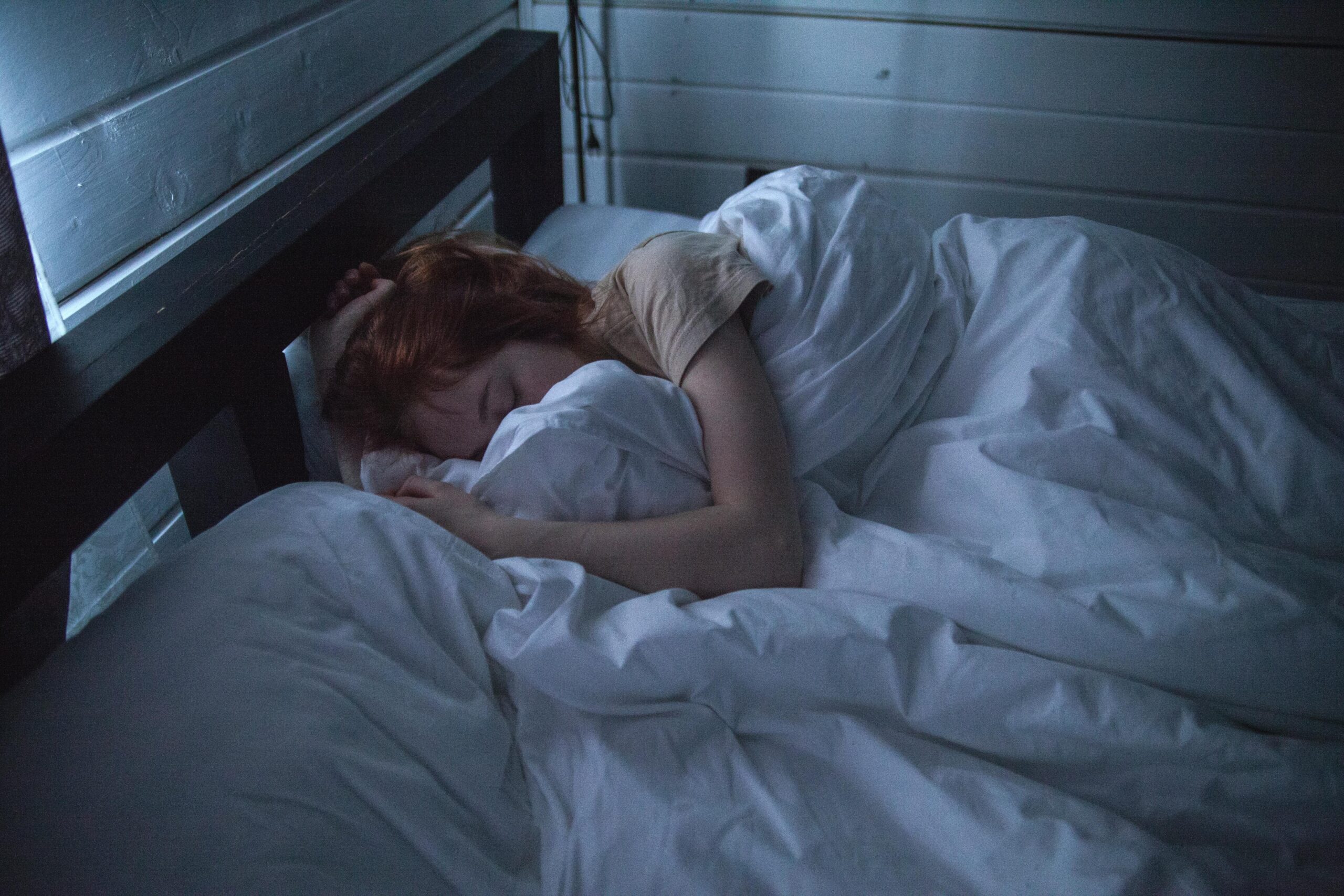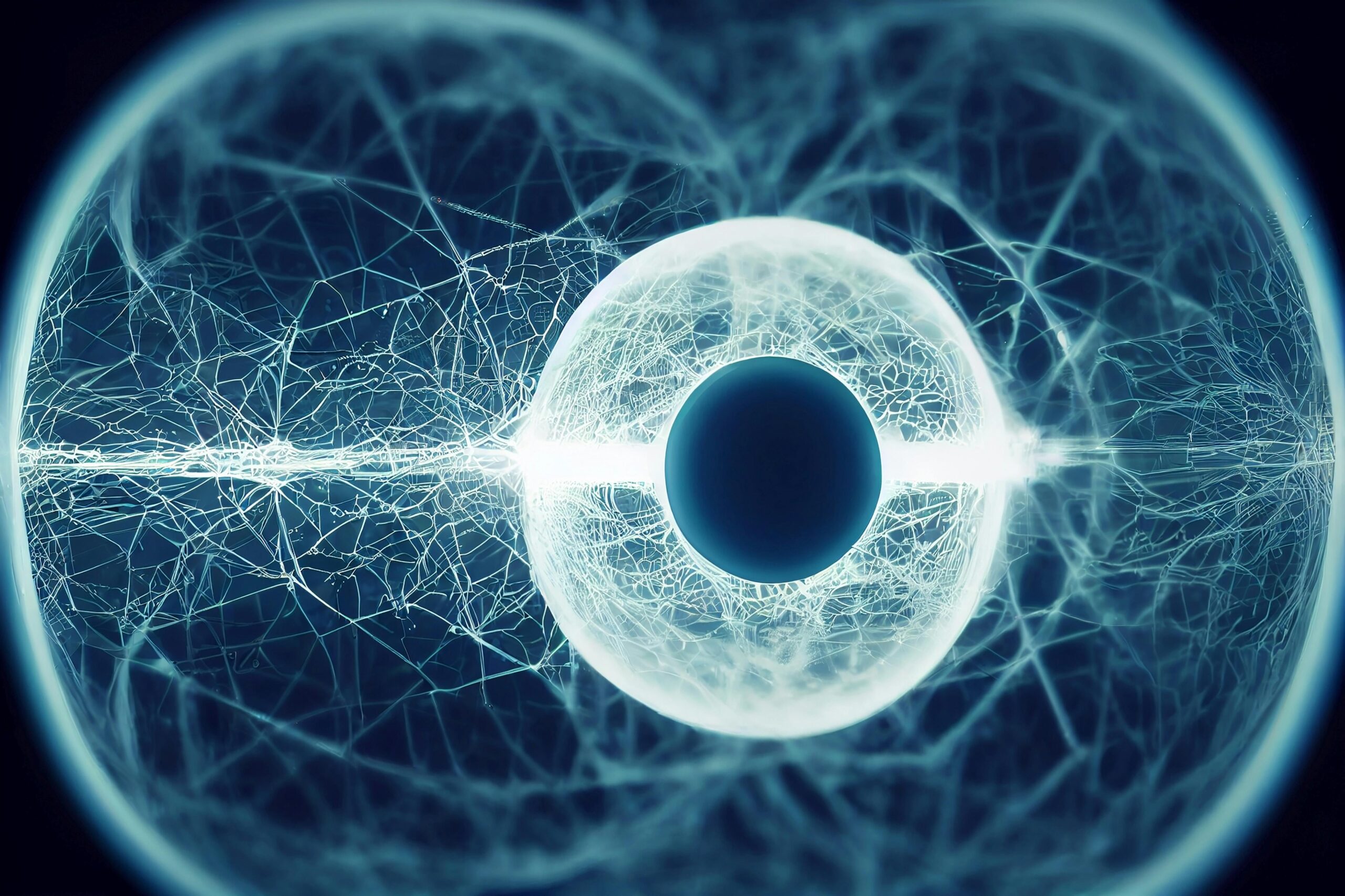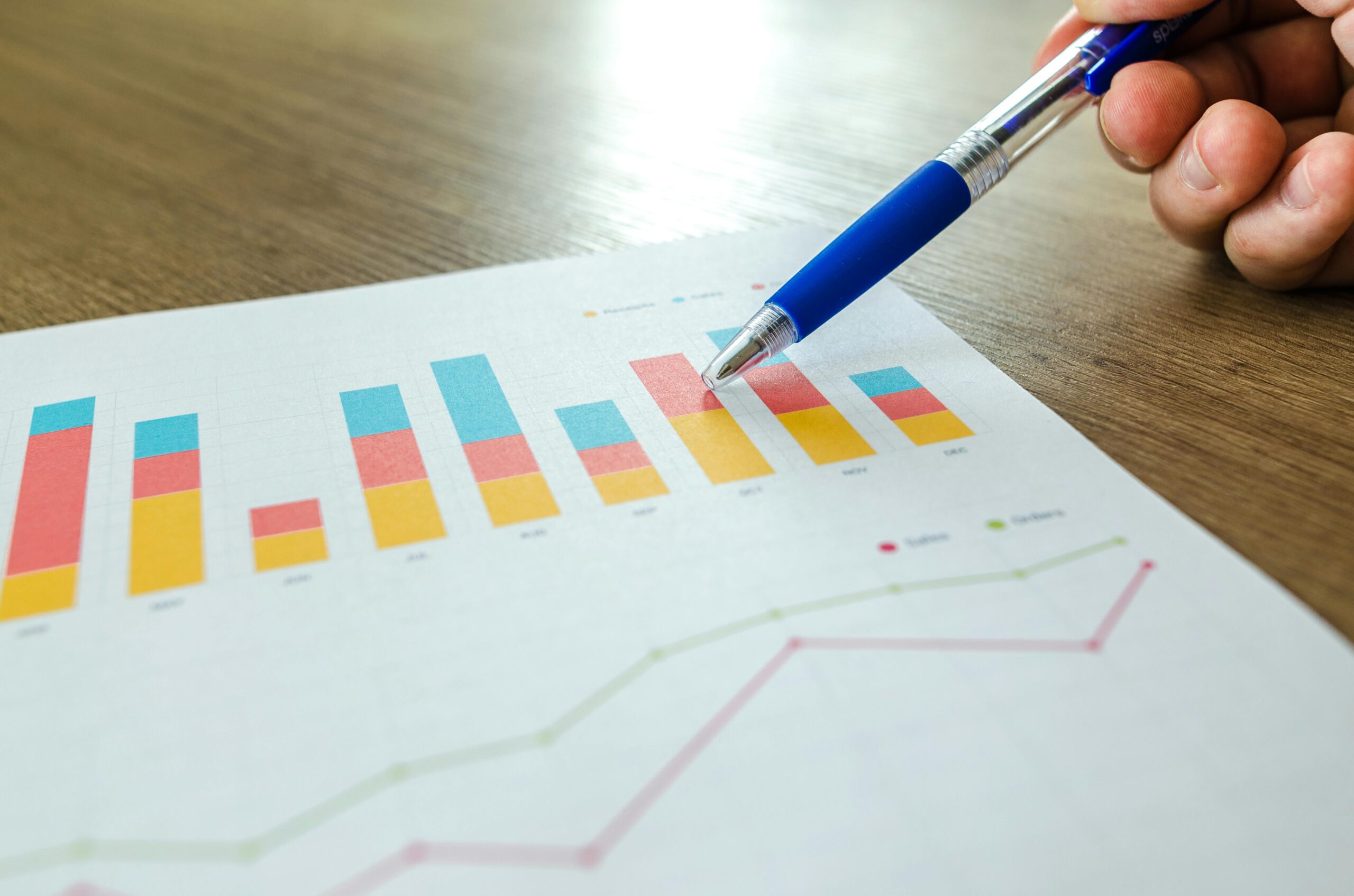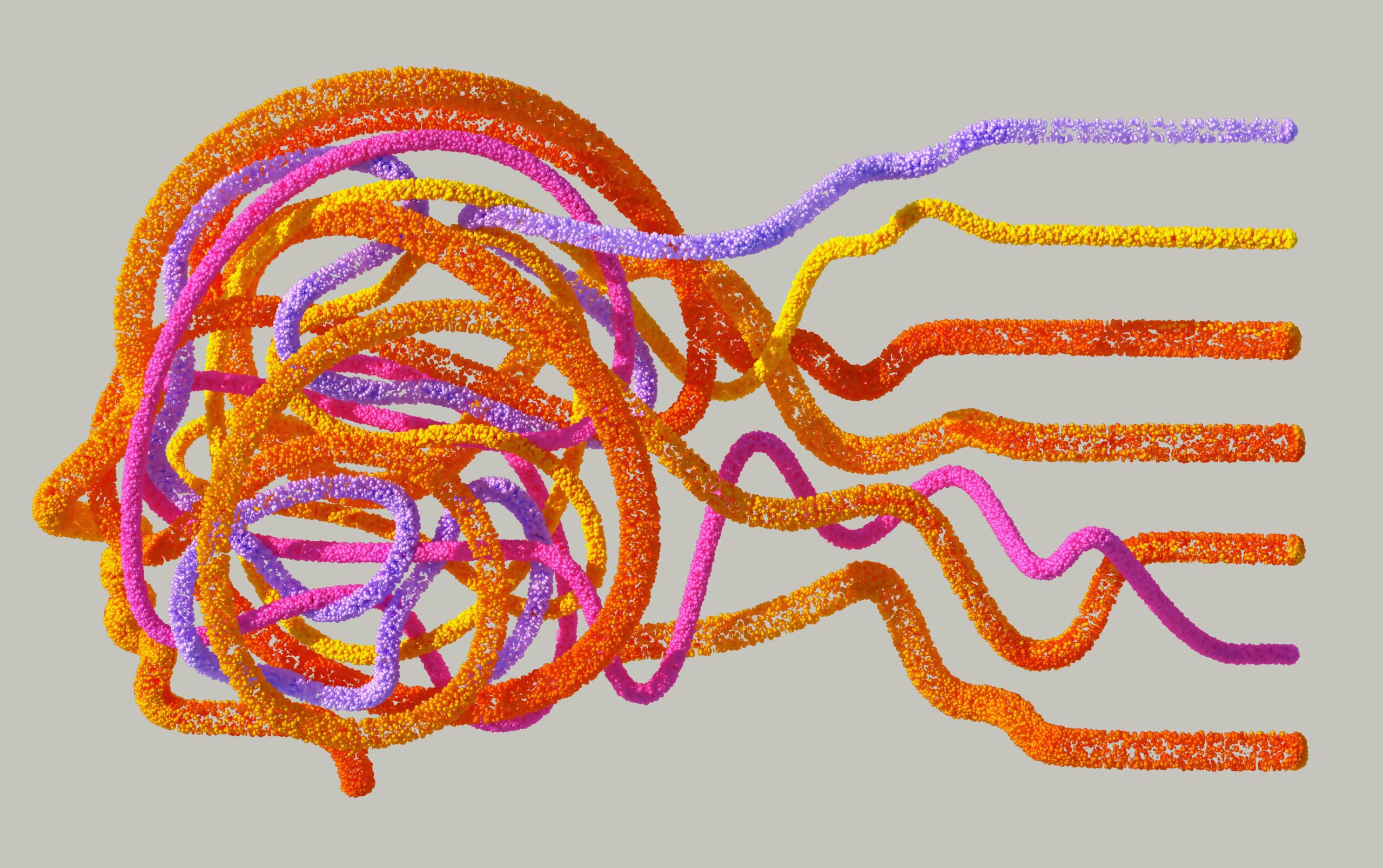Sleep isn’t just downtime—it’s the ultimate performance enhancer your brain desperately needs. When you master the art of sleep optimization, you unlock cognitive abilities, emotional resilience, and physical recovery that transform ordinary days into extraordinary achievements.
Most people struggle through life operating at 60-70% capacity simply because they’ve never learned how to sleep properly. The good news? With the right strategies and understanding, you can revolutionize your rest and experience levels of mental clarity and energy you didn’t know were possible.
🧠 Why Your Brain Desperately Needs Quality Sleep
Your brain performs miraculous maintenance work while you sleep. During deep sleep stages, your glymphatic system—essentially your brain’s waste removal service—kicks into high gear, flushing out toxic proteins that accumulate during waking hours. This includes beta-amyloid, a substance linked to Alzheimer’s disease and cognitive decline.
Without adequate sleep, these toxins accumulate, leading to brain fog, poor decision-making, and decreased cognitive performance. Think of sleep as your brain’s nightly cleaning crew—skip their shift, and you’re left working in a cluttered, dysfunctional environment.
Research from the National Sleep Foundation reveals that adults need between 7-9 hours of quality sleep nightly for optimal brain function. However, quality matters as much as quantity. Fragmented, shallow sleep provides minimal restorative benefits compared to consolidated, deep sleep cycles.
The Science Behind Sleep Cycles and Brain Recovery
Understanding sleep architecture is fundamental to optimization. Your night consists of multiple 90-minute cycles, each containing distinct stages that serve specific recovery functions.
Breaking Down Your Sleep Stages
Stage 1 is light sleep, the transition between wakefulness and sleep. Stage 2 comprises about 50% of your total sleep time, where your body temperature drops and heart rate slows. Stages 3 and 4 represent deep sleep—the golden period for physical restoration and memory consolidation.
REM (Rapid Eye Movement) sleep is when most dreaming occurs and your brain processes emotional experiences and consolidates procedural memories. Each stage plays a critical role, and disrupting any one of them compromises your overall recovery.
During deep sleep, your brain transfers information from short-term to long-term memory storage. This is why students who pull all-nighters perform worse on exams than those who study less but sleep adequately. The consolidation process literally cannot happen without sufficient deep sleep.
🌙 Environmental Optimization for Maximum Sleep Quality
Your sleep environment dramatically influences both sleep quality and duration. Creating the perfect sleep sanctuary doesn’t require expensive renovations—just strategic adjustments based on sleep science.
Temperature: The Overlooked Sleep Factor
Your body temperature naturally drops as you fall asleep. Supporting this biological process accelerates sleep onset and improves sleep quality. The optimal bedroom temperature ranges between 60-67°F (15-19°C).
If you wake up hot and sweaty, your room is too warm. If you’re bundled under multiple blankets and still cold, it might be too cool. Experiment within this range to find your personal sweet spot. Consider breathable bedding materials like cotton or bamboo that regulate temperature naturally.
Darkness: Your Circadian Rhythm’s Best Friend
Even minimal light exposure during sleep can disrupt melatonin production and fragment your sleep cycles. Blackout curtains, eye masks, or removing electronic devices with LED lights create the darkness your brain needs to maintain deep sleep.
The blue light from devices is particularly problematic, suppressing melatonin production for hours after exposure. If you must use devices before bed, enable night mode or use blue light blocking glasses starting 2-3 hours before sleep time.
Sound Management for Uninterrupted Rest
Noise doesn’t have to wake you completely to damage sleep quality. Partial arousals—brief awakenings you won’t remember—prevent you from reaching deeper sleep stages. White noise machines, earplugs, or fan sounds can mask disruptive environmental noise effectively.
Pre-Sleep Rituals That Prime Your Brain for Recovery
The 90 minutes before bed are crucial for sleep quality. What you do during this window either facilitates or sabotages the night ahead. Developing a consistent pre-sleep routine signals your brain that rest is approaching.
The Power of Consistent Sleep Schedules
Going to bed and waking at the same time daily—even on weekends—strengthens your circadian rhythm. This internal clock regulates not just sleep but also hormone production, metabolism, and cognitive function throughout the day.
Irregular sleep schedules create a form of jet lag called social jet lag, where your body never fully adapts to your sleep pattern. The result? Constant grogginess, poor focus, and decreased performance even if you’re getting adequate total sleep hours.
Strategic Caffeine Consumption
Caffeine has a half-life of 5-6 hours, meaning half the caffeine from your afternoon coffee remains in your system at bedtime. For optimal sleep, avoid caffeine at least 8-10 hours before your target sleep time.
Remember that caffeine hides in unexpected sources: chocolate, some medications, energy drinks, and even decaf coffee (which contains small amounts). Becoming aware of your total caffeine intake helps you avoid unintentional sleep disruption.
The Eating and Drinking Balance
Heavy meals within 3 hours of bedtime force your digestive system to work when it should be resting, potentially causing discomfort and disrupted sleep. However, going to bed hungry also interferes with sleep quality.
If you need a pre-bed snack, choose options combining complex carbohydrates with small amounts of protein: whole grain crackers with cheese, banana with almond butter, or Greek yogurt with berries. These provide steady energy without spiking blood sugar.
Alcohol deserves special mention. While it may help you fall asleep faster, it significantly disrupts sleep architecture, reducing REM sleep and increasing nighttime awakenings. The sleep you get after drinking is less restorative, even if you’re unconscious for 8+ hours.
⚡ Advanced Sleep Optimization Techniques
Once you’ve mastered the fundamentals, these advanced strategies can take your sleep quality to elite levels. Not every technique works for everyone, so experiment to discover what delivers the best results for your unique biology.
Sleep Tracking for Data-Driven Improvement
What gets measured gets managed. Sleep tracking devices and apps provide objective data about your sleep patterns, helping you identify what improves or harms your rest quality.
Track metrics like total sleep time, time spent in each sleep stage, number of awakenings, and heart rate variability. Over time, patterns emerge showing how different behaviors affect your sleep quality. Did that late workout improve or harm your sleep? Does reading before bed help you fall asleep faster? Your data provides answers.
Breathwork and Relaxation Techniques
The 4-7-8 breathing technique has gained popularity for its effectiveness in reducing sleep onset time. Inhale through your nose for 4 counts, hold for 7 counts, then exhale through your mouth for 8 counts. This activates your parasympathetic nervous system, signaling your body it’s safe to rest.
Progressive muscle relaxation involves systematically tensing and releasing muscle groups from toes to head, releasing physical tension that prevents sleep. Body scan meditation achieves similar results through focused awareness rather than muscle contraction.
Strategic Napping Without Sabotaging Nighttime Sleep
Naps can enhance performance when done correctly but destroy nighttime sleep when done poorly. The key is timing and duration. Power naps of 10-20 minutes provide alertness benefits without entering deep sleep stages that leave you groggy.
If you need more substantial rest, aim for a complete 90-minute sleep cycle. This allows you to progress through all sleep stages and wake naturally at the end of a cycle. Waking mid-cycle produces sleep inertia—that foggy, disoriented feeling that can last for hours.
Avoid napping after 3 PM, as it can reduce your sleep drive and make falling asleep at night more difficult. Morning naps (before noon) have minimal impact on nighttime sleep for most people.
🔬 Supplements and Sleep Aids: What Actually Works
The supplement industry is filled with sleep products making bold claims. Some have genuine scientific backing, while others are expensive placebos. Understanding which interventions have evidence behind them helps you make informed decisions.
Melatonin: Understanding the Sleep Hormone
Melatonin signals to your body that it’s time for sleep but doesn’t create sleep itself. It’s most effective for circadian rhythm disorders like jet lag or shift work, rather than as a daily sleep aid. Lower doses (0.3-1mg) often work better than the 5-10mg supplements commonly sold.
Taking melatonin at the wrong time can worsen sleep problems by shifting your circadian rhythm in unintended directions. For general sleep improvement, it’s typically most effective when taken 1-2 hours before your target bedtime.
Magnesium for Relaxation and Sleep Quality
Magnesium glycinate or magnesium threonate taken 30-60 minutes before bed can improve sleep quality by supporting GABA function and promoting muscle relaxation. Many people are subclinically deficient in magnesium, making supplementation particularly beneficial.
Unlike many sleep aids, magnesium doesn’t cause next-day grogginess and actually supports hundreds of biochemical processes throughout your body. Start with 200-400mg and adjust based on your response.
L-Theanine for Calm Focus
This amino acid found in tea promotes relaxation without sedation. Taking 200-400mg before bed can reduce time to fall asleep and improve sleep quality, particularly if anxiety or racing thoughts typically keep you awake.
Exercise Timing and Sleep Performance
Regular exercise is one of the most powerful sleep enhancers available, but timing matters significantly. Morning or afternoon exercise strengthens circadian rhythms and improves sleep quality. Evening exercise close to bedtime can be problematic for some people, elevating body temperature and cortisol when they should be declining.
However, individual responses vary. Some people sleep better after evening workouts, while others experience delayed sleep onset. Experiment with different timing windows and use sleep tracking data to determine what works best for your physiology.
Even light movement counts. A 20-minute walk can improve sleep quality, particularly if done outdoors where natural light exposure further supports your circadian rhythm.
📱 Managing Digital Life for Better Sleep
Technology has fundamentally changed our relationship with sleep, and not for the better. The constant connectivity, information overload, and blue light exposure from devices create significant sleep challenges that previous generations never faced.
Creating Digital Boundaries
Establish a “digital sunset”—a specific time each evening when you disconnect from devices. This mental and visual break allows your brain to transition from the stimulation of screens to the calm required for sleep.
Keep phones outside the bedroom entirely if possible. The temptation to check notifications, the electromagnetic radiation, and the ambient light from charging indicators all potentially disrupt sleep. An old-fashioned alarm clock eliminates the main excuse for bedside smartphones.
Managing Information Overload
Consuming news, work emails, or social media before bed activates your stress response and fills your mind with information to process—precisely the opposite of what facilitates sleep. Replace pre-sleep scrolling with genuinely relaxing activities: reading physical books, gentle stretching, or conversation with loved ones.
When Sleep Problems Require Professional Help
While self-optimization works for most people, certain sleep disorders require professional diagnosis and treatment. If you consistently struggle with sleep despite implementing these strategies, or if you experience specific symptoms like loud snoring, gasping during sleep, or extreme daytime sleepiness, consult a sleep specialist.
Sleep apnea affects millions of people and dramatically reduces sleep quality while increasing risks for cardiovascular disease, diabetes, and cognitive decline. It requires medical intervention—usually CPAP therapy or dental devices—rather than behavioral changes alone.
Insomnia lasting more than three months may benefit from cognitive behavioral therapy for insomnia (CBT-I), which addresses the thoughts and behaviors maintaining the sleep problem. CBT-I is often more effective long-term than sleeping pills.
🎯 Building Your Personal Sleep Optimization System
Knowledge without implementation changes nothing. The key to transforming your sleep isn’t learning more information—it’s systematically applying proven strategies until they become effortless habits.
The Gradual Implementation Approach
Attempting to change everything simultaneously usually leads to abandoning everything within days. Instead, implement one new strategy weekly. Master that change, make it automatic, then add the next element.
Week one might focus exclusively on consistent wake times. Week two adds the bedroom temperature optimization. Week three introduces the digital sunset. This gradual approach builds sustainable habits rather than temporary willpower-dependent changes.
Measuring and Adjusting Your Protocol
Track subjective measures (how you feel) alongside objective data (sleep tracker metrics). Rate your energy levels, mental clarity, and mood each day. Over time, patterns reveal which interventions provide the greatest benefits for your unique biology.
Sleep optimization isn’t one-size-fits-all. Your ideal sleep duration, optimal bedroom temperature, and most effective pre-sleep routine will differ from others. Data-driven experimentation helps you discover your personal formula for exceptional sleep.

Transforming Sleep Into Your Competitive Advantage
In a world where most people accept poor sleep as inevitable, optimizing your rest becomes a massive competitive advantage. The mental clarity, emotional resilience, physical energy, and cognitive performance gains from exceptional sleep compound over time.
Every night of optimized sleep is an investment in tomorrow’s performance. Every week of consistent, high-quality rest builds momentum toward your goals. Every month of prioritizing recovery enhances your capacity for achievement in ways that extend far beyond feeling well-rested.
The strategies outlined here work—but only if you implement them. Your brain’s recovery, your cognitive performance, and your overall quality of life depend on the sleep foundation you build. Start tonight with one simple change, then build from there. Your best-performing self is waiting on the other side of optimized sleep.
Sleep isn’t time wasted—it’s the ultimate performance multiplier. Master it, and you unlock potential you didn’t know existed. The question isn’t whether you can afford to prioritize sleep optimization. The real question is whether you can afford not to.
Toni Santos is a cognitive storyteller and cultural researcher dedicated to exploring how memory, ritual, and neural imagination shape human experience. Through the lens of neuroscience and symbolic history, Toni investigates how thought patterns, ancestral practices, and sensory knowledge reveal the mind’s creative evolution. Fascinated by the parallels between ancient rituals and modern neural science, Toni’s work bridges data and myth, exploring how the human brain encodes meaning, emotion, and transformation. His approach connects cognitive research with philosophy, anthropology, and narrative art. Combining neuroaesthetics, ethical reflection, and cultural storytelling, he studies how creativity and cognition intertwine — and how science and spirituality often meet within the same human impulse to understand and transcend. His work is a tribute to: The intricate relationship between consciousness and culture The dialogue between ancient wisdom and neural science The enduring pursuit of meaning within the human mind Whether you are drawn to neuroscience, philosophy, or the poetic architecture of thought, Toni invites you to explore the landscapes of the mind — where knowledge, memory, and imagination converge.




